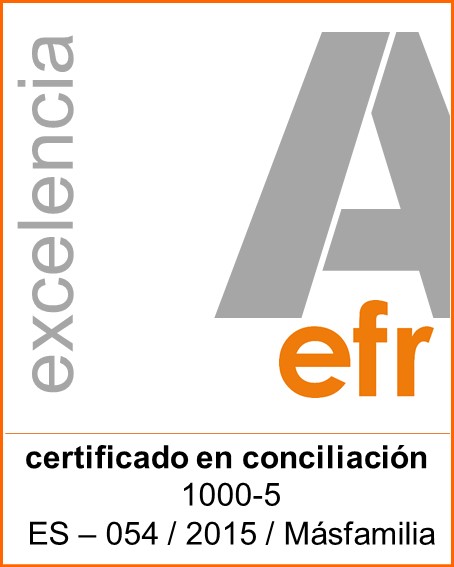That would be the obligatory question if someone says they are going to pursue one in engineering because it can be electrical, mechanical, aerospace, or biochemical. The same goes for a master’s in architecture; the question is in which branch, as it could range from urban planning to sustainable construction.
When it comes to Facility Management, things change. We tend to think that the title is sufficient, and we no longer need further explanations, which is a mistake and demonstrates the lack of understanding.
Diversity of Offer
There are 84 universities worldwide offering a degree in Facility Management, with 60 of them in Europe. No two programs are the same; each has its style and content. While the curricula include similar subjects, there is no common script because our profession is not regulated. Unlike lawyers, doctors, or engineers, you don’t need a degree to practice. Each training center includes what it deems appropriate or applicable to its market. In the United States, courses have a more operational focus, while in England, the emphasis is on the workplace. In the Netherlands, “Hospitality” is a key theme, and in German-speaking countries, there’s a stronger link with Real Estate. Teaching in different countries, you realize that students are being prepared for specific markets. Even in international programs, the focus is often on the country where you will be working.
There is no degree in Facility Management in Spanish-speaking countries. We’ve tried for years, but we haven’t succeeded. Universities don’t see a clear demand or need for it, and they are partly right. The market doesn’t demand it in those terms, and companies don’t give the area the importance it deserves. How many companies do you know that have a department called Facility Management? I know less than 20, and we have projects in more than 30 countries. Professionals working in this field, both on the client and provider sides, are not the highest paid. It’s not a highly sought-after career, as the job prospects are not the most attractive.
Professionalization
I say they are only partially right because the need does exist, even if it’s not so visible. It’s true that our young profession can’t be compared to those with centuries of history. The difference is that in every company, regardless of the sector or size, there must be someone responsible for FM matters. It can be one person or a team of several hundred, but in any case, professionalization is required to ensure better operations. This is where education and training come in. What we must keep in mind is that everyone needs something different; a one-size-fits-all course won’t suffice.
Strategic Focus
We offer 3,000 hours across 65 different products, and yet we don’t cover everything. We have chosen to focus on management and coordination layers, without delving into the more operational aspects. We cover the methodology and sector-specific FM models, touching on the major areas of specialization in their most strategic aspects. Our master’s programs are “only” in Facility Management, although one carries the label of international. That’s why it’s necessary to clearly understand what you’re looking for. To do so, we conduct a brief interview to get to know each person, their goals, current situation, and future expectations. We are the ones who ask, “What kind of FM course do you want?”









